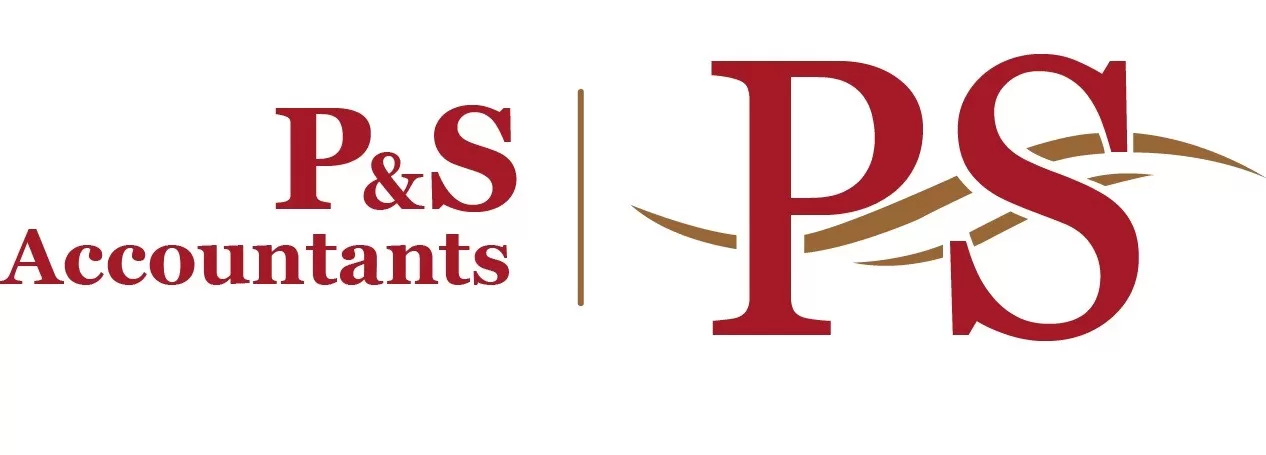Trusts are widely used for investment and business purposes. A trust is established whenever there is a separation of legal ownership from the beneficial or real ownership of an asset. It is established under State law. Trust is a legal relationship not a legal entity. A trust holds the asset or the business and the profits are paid to the beneficiaries of the trust.
A trust is created for many purposes:
- Trusts created to hold investment assets separately from personal or business assets, to provide staff and equipment or to act as an employer entity.
- Trusts setup under a will to ensure that the members of the deceased’s family are provided for from the deceased’s estate
- Superannuation trust funds established to provide superannuation benefits
- Property trysts used to hold property for the benefit of unit holders
A trust has different types suiting circumstances:
Discretionary Trust – Most common type of trust and is used as a tax planning tool of splitting income between beneficiaries of the trust with the aim of achieving maximum tax savings.
Family Trust – Provides families with a great deal of flexibility in sharing the tax burden among family members and protecting family assets.
Unit Trust – The ownership of the trust asset is divided into a number of fixed units. Distribution of income is in accordance to the units held by the unit holders. Property and cash management trusts are examples of unit trust.
Hybrid Trust – A mix of unit trust and discretionary trust that allows the trustee to distribute monies to the beneficiaries in a combination of units held and as per the discretion of the trustee.
If you would like to know more about trust structures and what type of trust suits is appropriate for your tax situation, please call 0452214559 to book an appointment.
